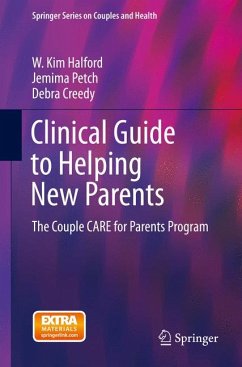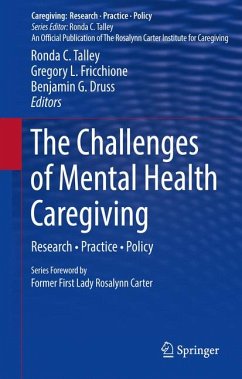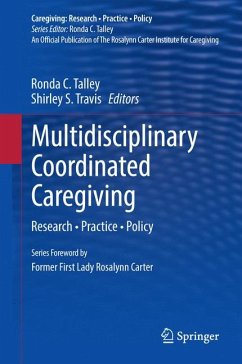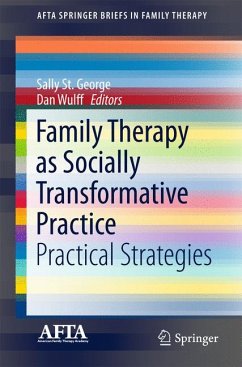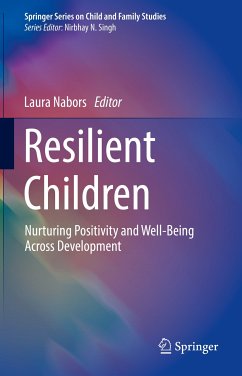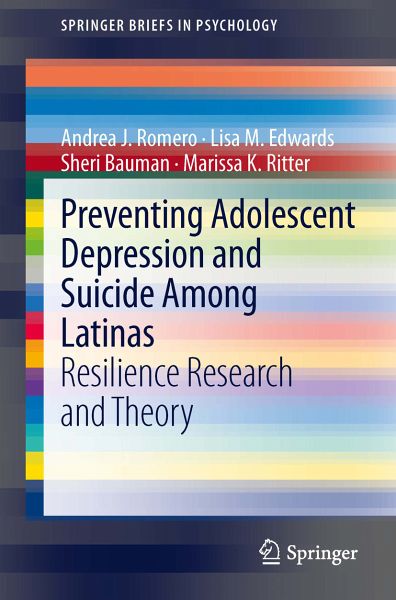
Preventing Adolescent Depression and Suicide Among Latinas (eBook, PDF)
Resilience Research and Theory
Versandkostenfrei!
Sofort per Download lieferbar
40,95 €
inkl. MwSt.
Weitere Ausgaben:

PAYBACK Punkte
20 °P sammeln!
¿¿¿¿Since the 1960s, in comparison to other ethnic and gender groups¿, a higher rate of depression and suicide ideation has been documented for Latina girls. This Brief offers a concise summary of contemporary research on this critical topic. Among the considerations are the influence of bullying, families, immigration, and culture on Latina adolescent mental health. Presenting cutting-edge multiracial feminist frameworks for new and existing empirical findings, this book serves to guide the future research agenda on this topic. Clinical recommendations are also included.¿
Dieser Download kann aus rechtlichen Gründen nur mit Rechnungsadresse in A, B, BG, CY, CZ, D, DK, EW, E, FIN, F, GR, HR, H, IRL, I, LT, L, LR, M, NL, PL, P, R, S, SLO, SK ausgeliefert werden.





